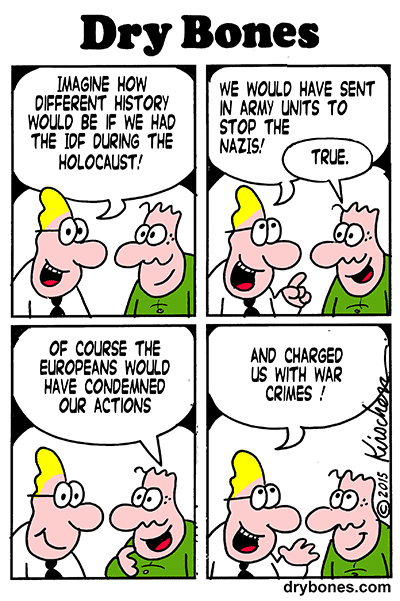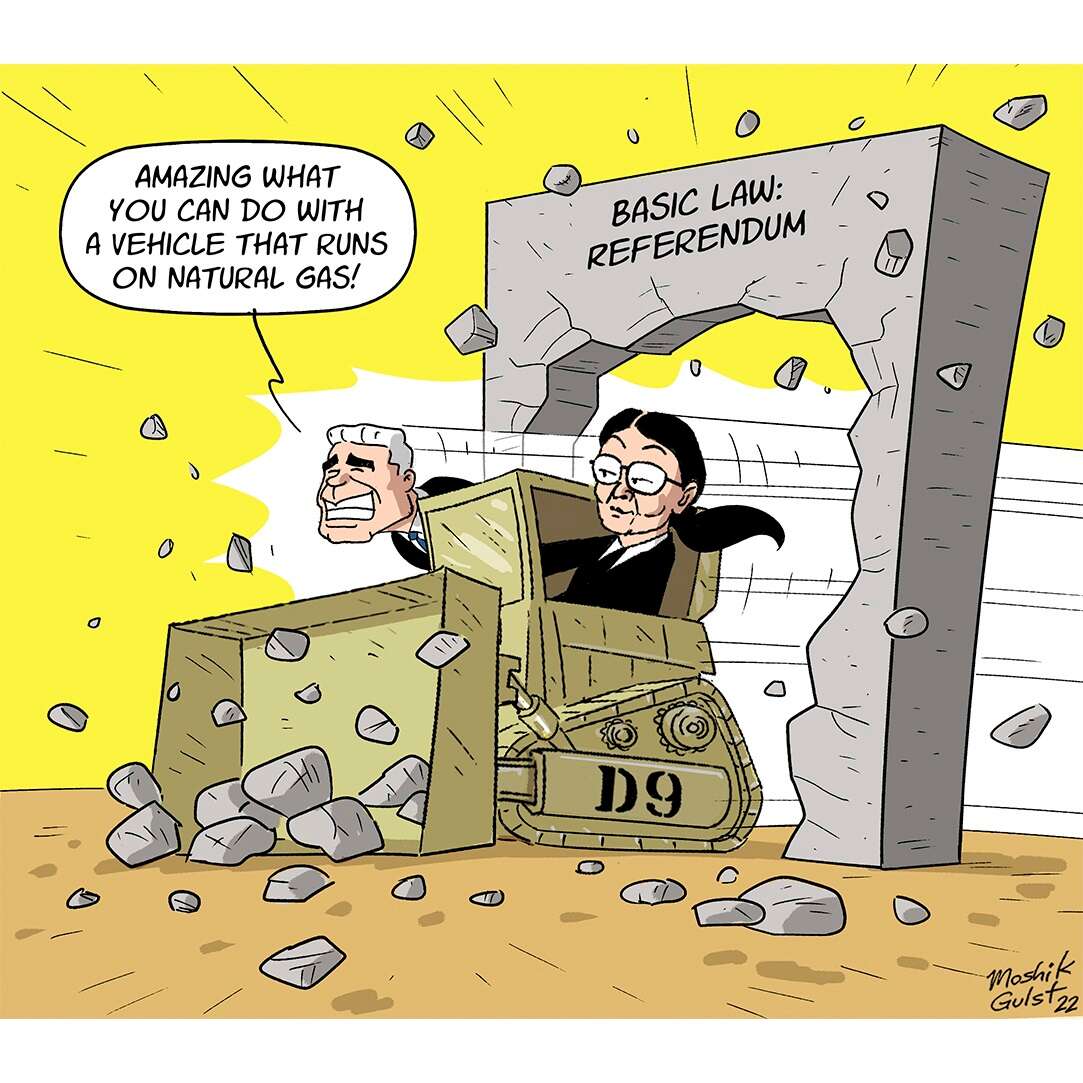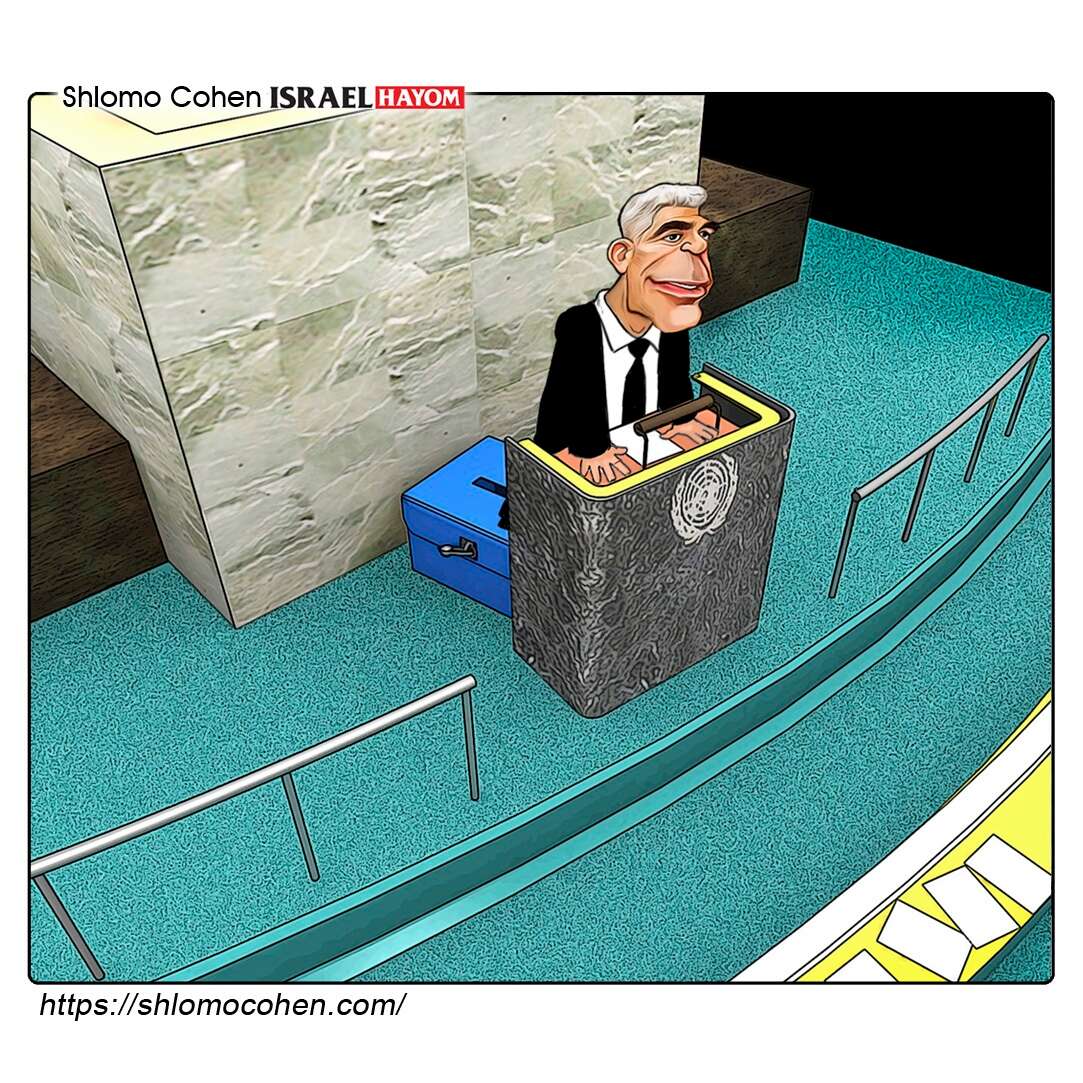Alan Baker: Palestinian leadership venturing into international legal field
In addition to their regular, annual shopping list of false and flawed political allegations directed to the court against Israel, the Palestinians are now requesting that the court, by means of a resolution that they initiated in the UN General Assembly’s Special Political and Decolonization Committee to weigh the legal consequences of prolonged annexation of what they claim to be Palestinian territory.Netanyahu: Israel-Saudi Normalization Could End Israeli-Palestinian Conflict
This is despite the fact that there has never been any internationally accepted legal determination that there exists Palestinian territory, as such. Similarly, this question remains an agreed negotiating issue by the Palestinians themselves, pursuant to the internationally endorsed Israeli-Palestinian Oslo Accords (1993-95).
In addition, the Palestinian leadership is also asking the Court to examine Israel’s alleged crime of altering the demographic composition, character and status of the Holy City of Jerusalem, claiming the city to be solely Palestinian.
But more curiously, in this request to the world court, they are attempting to invent what they believe to be a new, curious international status of prolonged occupation. They are asking the court to determine the extent to which such a non-existent status of prolonged occupation has legal consequences for states and the UN.
In fact, no such status is recognized by international law.
Even the International Committee of the Red Cross (ICRC), which is universally acknowledged to be the ultimate arbiter of what constitutes international humanitarian law, has never determined a time limit for the occupation of territory.
Israel and Saudi Arabia reaching a formal peace agreement would “effectively end the Israeli-Palestinian conflict,” former Prime Minister Benjamin Netanyahu predicted in a new interview with “Call Me Back” podcast host Dan Senor.David Singer: MBS & King Abdullah keep Hashemite Kingdom of Palestine alive
“Understand that the Abraham Accords, the peace treaties that Israel had with four Arab states: the United Arab Emirates, Bahrain, Sudan and Morocco — that didn’t happen without Saudi approval, because at least some of these countries like to know what their big neighbor, Saudi Arabia, is thinking about [the agreements],” Netanyahu, who is likely to head Israel’s next government following elections earlier this month, said. “And I assure you, [Riyadh] wasn’t negative about it.”
Normalization with Saudi Arabia would “open up all sorts of possibilities,” Netanyahu told Senor, the co-author of Start-Up Nation: The Story of Israel’s Economic Miracle. The current opposition leader cited the physical results of such an agreement — ”connecting the Saudi rail system” — as well as the business perks — giving Saudis “direct accessibility to Israeli innovation and technology” — as benefits of a negotiated agreement between Jerusalem and Riyadh.
Netanyahu also addressed his previous government’s coordination with Russia in Syria, where Russian forces are on the ground — and where Israeli military units have often targeted Iranian and Syrian facilities and weapons transfers.
The HKoP solution also offered the Arab populations of Gaza, the 'West Bank' and Palestinian Arab refugees in other locations:
· “a legal identity—a globally respected citizenship that allows a person to operate in the modern world. Labor in this day and age is mobile and having citizenship in a country that facilitates such mobility is critical to human development.”
· “Palestinians in Arab countries like Lebanon can then become citizens of this enlarged kingdom while also getting full residency rights in Lebanon, equivalent to what an EU citizen has in the European Union outside his or her home country. This would allow the Palestinians to gain full civil rights as legal foreign residents without impacting the local political or sectarian balance in these countries. The GCC, the EU, the US, Canada, and others can also help support this solution by granting this Jordanian–Palestinian passport easier access to their labor markets.”
The Saudi proposal’s author - Ali Shihabi – is a confidant of MBS and a member of the Advisory Board appointed by MBS to report to him on the building of a new US$500 billion mega city – Neom - in northern Saudi Arabia bordering Israel.
Shihabi had lamented on the absence of a response from any Israeli politician to his plan on 14 August.
This lack of Israeli interest was ongoing when the 21 September meeting agreed:
“to work with regional and international partners to shed light on the tragic situation of the Palestinians in light of the deadlock in the peace process and the absence of any glimmer of hopeand to urge them to take practical steps to support the resumption of dialogue on the basis of the Arab Peace Initiative, United Nations resolutions and relevant peace references, in addition to reviving the diplomatic track to overcome the despair and lack of a vision toward achieving the legitimate rights of the Palestinian people and establishing their state with Jerusalem as its capital.”
MBS was not at this meeting but was subsequently appointed Saudi Arabia’s Prime Minister on 27 September.
MBS, King Abdullah, PLO Leader Mahmoud Abbas and Hamas Leader Ismail Haniyeh have not rejected the HKoP solution.
MBS and King Abdullah’s non-participation at Algiers offers the glimmer of hope that the Hashemite Kingdom of Palestine can soon become a conflict-ending reality.









































